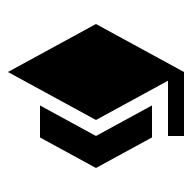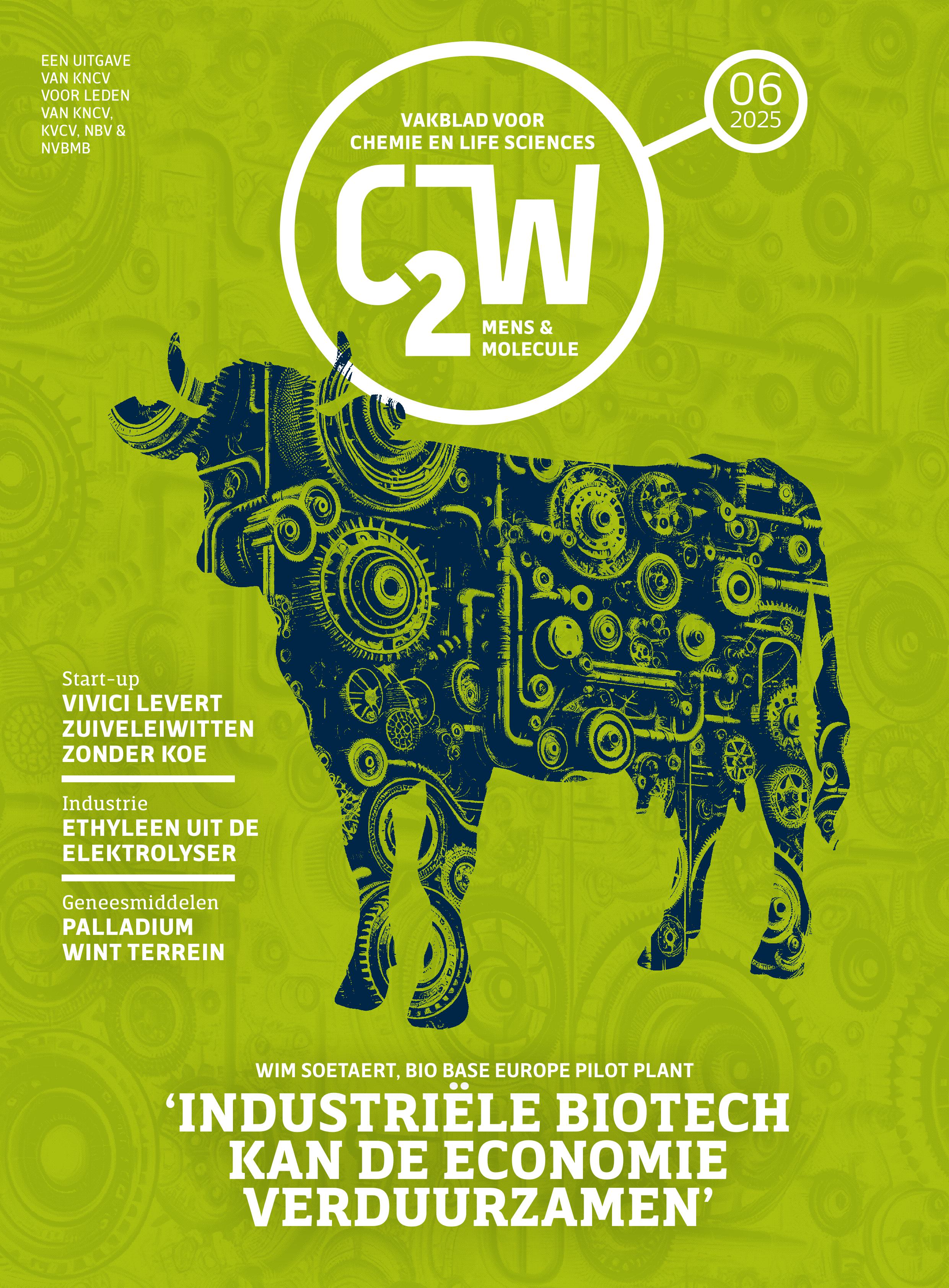Would you like to add an event to this list? Simply register your event using this form.
Electrospun alginate-based dressings for controlled nitric oxide release in diabetic wounds

Category
Ph D Defense
Date
2025-10-28 16:00
Venue
KU Leuven, Arenbergkasteel, Aula Arenbergkasteel, 01.07 - Kasteelpark Arenberg 1
3001 Leuven, België
3001 Leuven, België
Promovendus/a: Carolina Gutierrez Cisneros
Promotor(en): Prof. dr. Arn Mignon, Prof. dr. ing. Veerle Bloemen
Chronic wounds are a health problem that affects millions of people worldwide, especially those living with diabetes mellitus. One of the most severe complications is the diabetic foot ulcer, which can lead to infection, amputation, and even premature death. Today’s treatments often fall short because wounds remain stuck in a vicious cycle of poor circulation, persistent infection, and slow healing. Patients and healthcare systems bear an enormous burden.This PhD project explored whether a new type of smart wound dressing could help break this cycle. By combining material science, chemistry, and medicine, a dressing that actively supports healing was conceptualized. Central to this approach is nitric oxide (NO), a molecule present naturally in the body to help increase circulation, combat bacteria, and support tissue repair. In diabetic wounds, NO levels are too low. Supplying it safely and in the right amount has been a challenge since its discovery.
The research developed a modular hydrogel scaffold in the form of a thin, fibrous film that mimics aspects of skin’s natural structure. To make it stronger and more functional, the material was reinforced with silica nanoparticles. These mats can be loaded with nitric oxide donors and other bioactive agents after they are fabricated. Alongside the material, a miniaturized testing method was created to measure and monitor NO release with precision.
The project also considered practical aspects beyond the lab. It examined how such a product could be produced at larger scale, how it fits into European regulatory frameworks for medical devices, and where it could find its place in the Belgian healthcare system. Challenges remain including the stability of the donors, production scale-up, and the need of clinical testing. Yet, the results show a clear potential to a disease-specific, responsive wound dressing. If further developed and validated, such technology could reduce the burden of diabetic foot ulcers, lower the risk of amputations, and improve the quality of life for patients worldwide.
All Dates
- 2025-10-28 16:00
Powered by iCagenda

